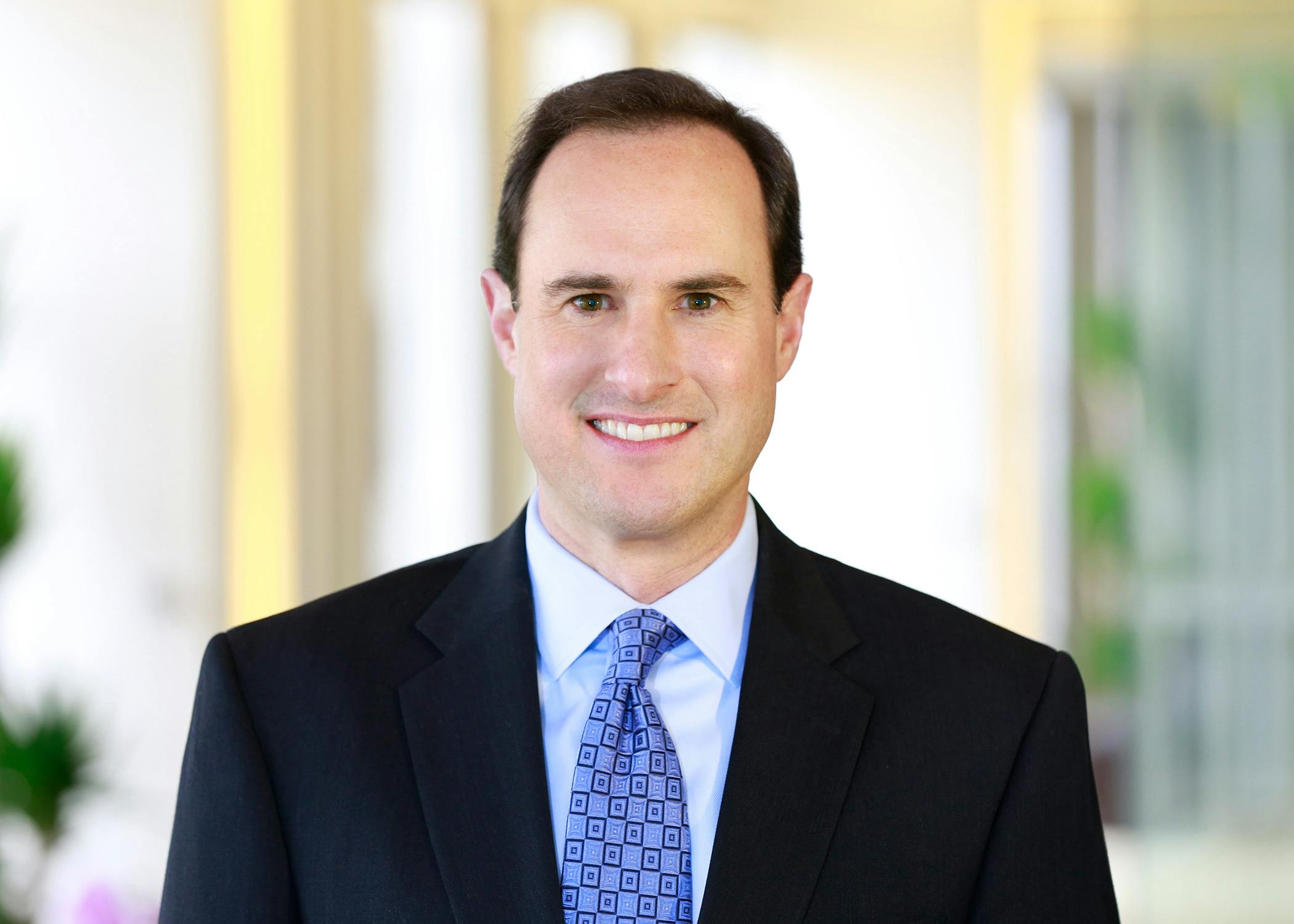Governor Gavin Newsom, along with legislative leaders and key stakeholders, has announced significant changes to the Private Attorneys General Act (PAGA). This alert provides an overview of PAGA, outlines the proposed changes, and details what to expect and how to track these changes.
What is PAGA?
PAGA, enacted in 2004, allows employees to sue their employers for Labor Code violations on behalf of themselves and other employees. This legislation was introduced to enhance the enforcement of labor laws by deputizing private citizens to act as private attorneys general. PAGA claims can encompass a wide range of Labor Code violations, including wage and hour issues, health and safety violations, and other employment law infractions.
Why is PAGA controversial?
PAGA has been a subject of controversy for several reasons:
- High Litigation Costs: PAGA allows for substantial penalties that can quickly add up, particularly for large employers with many employees. These penalties, combined with attorney fees, can make PAGA lawsuits extremely costly.
- Proliferation of Lawsuits: Since its enactment, there has been a significant increase in PAGA filings. Critics argue that the low barrier to filing a PAGA claim has led to a surge in lawsuits, many of which are seen as frivolous or minor technical violations rather than substantive breaches of labor law.
- Lack of Clear Standards: The broad scope of PAGA can lead to inconsistent application and unpredictability in compliance and enforcement.
- Limited Agency Oversight: PAGA requires plaintiffs to file a notice with the Labor Workforce Development Agency (LWDA), which has the option to investigate. However, the LWDA has limited resources and investigates only a small fraction of the claims. Consequently, most PAGA notices proceed to court without agency oversight.
- Impact on Settlement Dynamics: PAGA claims complicate settlement negotiations due to the representative nature of the claims and the potential for high penalties. Employers often find themselves settling for amounts disproportionate to the actual harm caused to avoid the risk of exorbitant penalties.
The governor’s proposed points/changes to present-day PAGA
Penalty Structure Revisions
- Current Statute: Uniform penalties without considering proactive compliance.
- Proposed Change: Cap penalties at 15% for proactive compliance and 30% for post-notice corrections, with higher penalties for malicious violations. Reduces penalties if the alleged violation was brief or a wage statement violation did not cause confusion or economic harm to the employee. Allows penalty adjustment for employers with weekly pay periods.
Streamlining Litigation
- Current Statute: Limited scope for curing violations.
- Proposed Change: Expands right-to-cure provisions and allows courts to limit the scope of claims and evidence presented at trial. Protects small employers by providing a right-to-cure process through LWDA.
Injunctive Relief and Standing
- Current Statute: Broad standing allowing lawsuits for unexperienced violations.
- Proposed Change: Limits standing to employees who experienced violations within the past year. Empowers courts to issue injunctive relief requiring employers to make changes to address labor law violations.
State Enforcement Enhancements
- Current Statute: Limited enforcement capabilities due to resource constraints.
- Proposed Change: Enhances the Department of Industrial Relations’ (DIR’s) ability to expedite hiring and fill vacancies.
Redirection of Settlement Funds
- Current Statute: The penalty share of settlement funds is allocated to employees at 25%.
- Proposed Change: Increases the share of penalties employees receive to 35%.
Cure provisions and practical implications
While introducing cure provisions offers potential relief for employers, they come with strict timeframes and complex remediation requirements. To qualify for penalty reductions, employers must act swiftly to identify and correct violations, often within very tight deadlines,. This process involves substantial documentation and possibly expert evaluations, making it both time-consuming and expensive. The effectiveness of these provisions will largely depend on the ability of employers to navigate these requirements efficiently.
What the reforms may mean for California employers
The proposed reforms are available on the Governor Newsom’s official website and other public resources. Nixon Peabody’s lawyers have extensive experience in PAGA litigation, including having sued the State of California to invalidate PAGA on California constitutional grounds. Our dedicated team of California labor and employment attorneys guide our clients through complex legal matters, including how to address these potential PAGA reforms.

